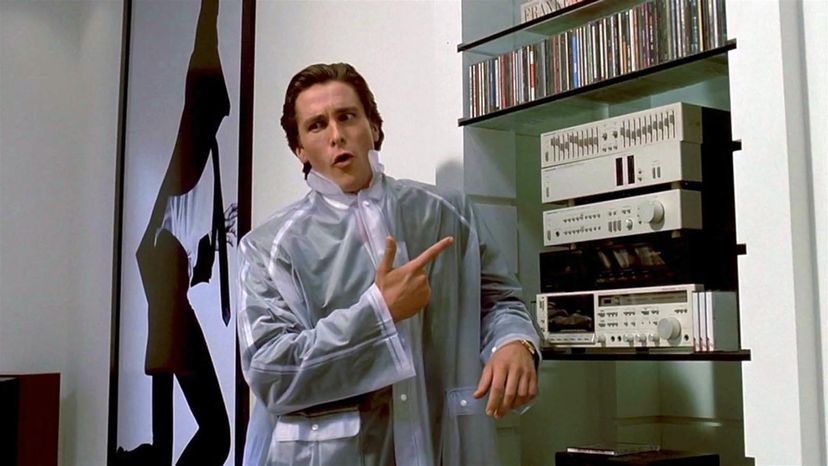Psychopathy and sociopathy have been around for a long time, though their meanings have evolved over time. According to Scholarpedia, the term psychopasticheI — in English, psychopath — was devised by German psychiatrist J.L.A. Koch in 1888, to describe subjects with a tendency to hurt others, as well as themselves.
Psychopathy was a characteristic that Koch believed someone was born with. Another German psychiatrist, Karl Birnbaum, observed the same sort of pervasive pattern of antisocial behavior, but felt that it was caused by societal forces that made it difficult for young adults to learn a more acceptable way to act. He came up with a different term, sociopathy, to describe their problem.
George E. Partridge, a psychologist at Sheppard and Enoch Pratt Hospital in Baltimore, helped introduce Birnbaum's concept in the U.S., according to M. Gregory Kendrick's 2016 book "Villainy in Western Culture: Historical Archetypes of Danger, Disorder and Death."
American psychiatrist Hervey M. Cleckley published a book in 1941 called "The Mask of Sanity: An Attempt to Clarify Some Issues About the So-Called Psychopathic Personality." In it, Cleckley described "Max," a patient at a Veterans Affairs hospital, who could seem intelligent, friendly and even charming when he wasn't committing acts of criminal behavior like forging checks or giving someone a brutal beatdown over some trivial offense.
Over the years, both terms were used in psychological literature, sometimes interchangeably. But these days, both mental health professionals and scientific researchers who study the mind rarely give patients a clinical diagnosis of a psychopath or sociopath, explains David Chester. He's an associate professor of social psychology at Virginia Commonwealth University, whose research focuses upon understanding the psychological and biological processes that motivate and constrain aggressive behavior.
"We're referring to what we call a psychological construct or trait," he explains. "People can't be reduced down to a single trait."
Instead of using the term psychopath, for example, he might describe someone as having high psychopathy. "It's a dimension of personality, kind of a cluster of traits, the same way that extraversion is a personality dimension," Chester says.
Psychopathy "really reflects what we call an antagonistic disposition, in which my own desires and wishes and things like that are placed well above the well-being and desires and outcomes of other people," Chester says.





